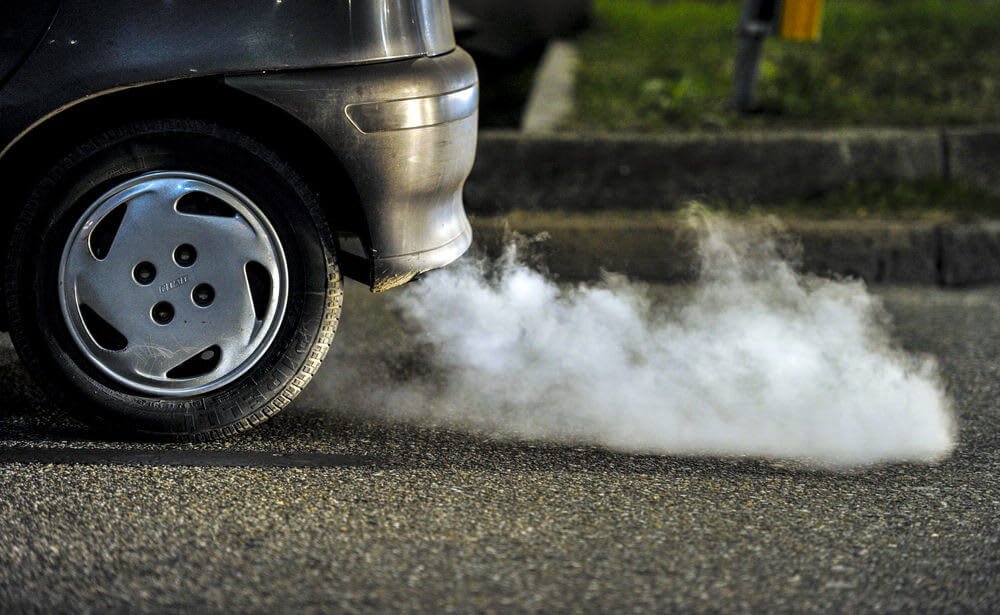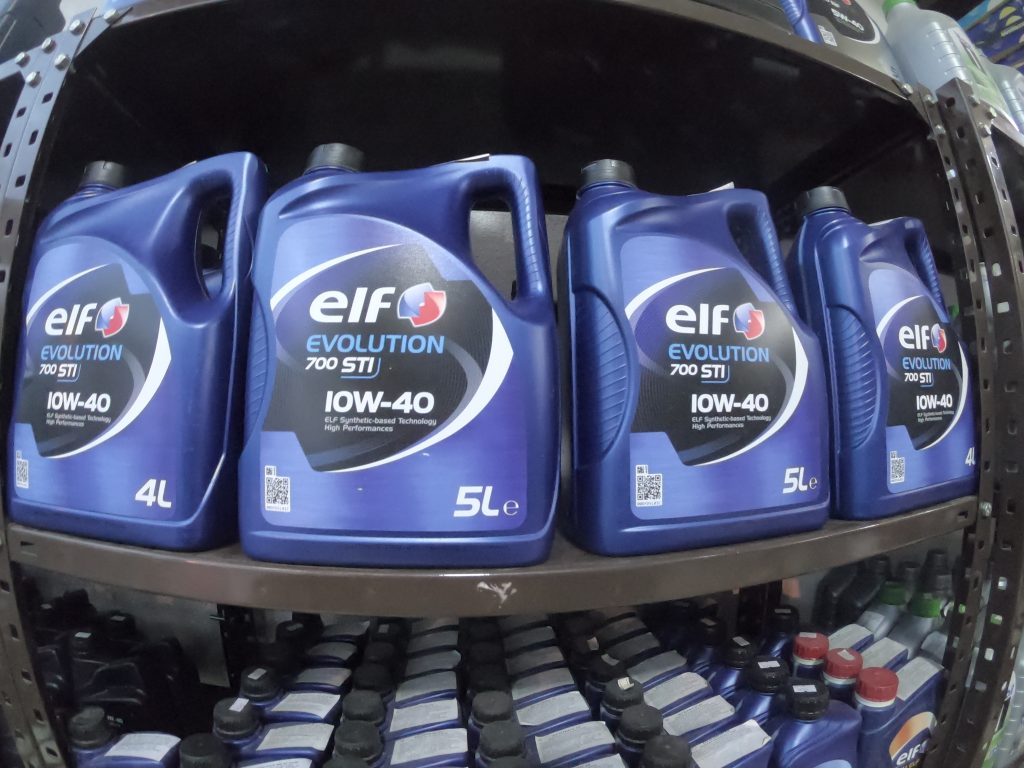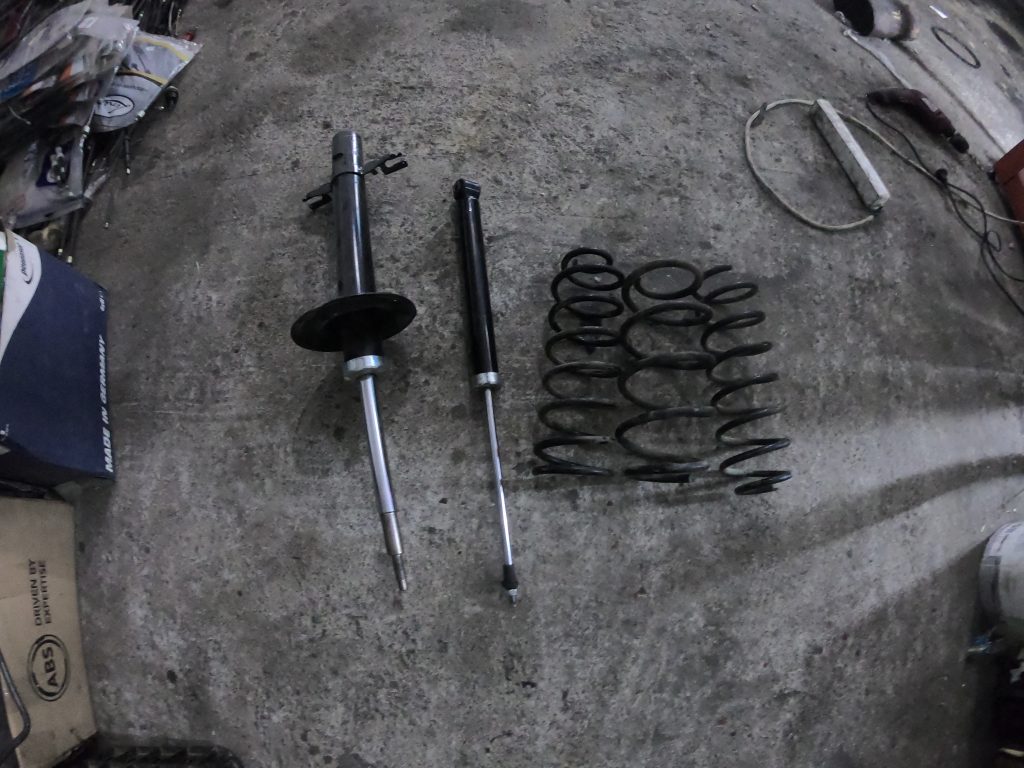Various types of smells can prevail in your vehicle from time to time. Be it coming from the engine bay, car perfume, or AC one smell that shouldn’t be avoided is the smell of vinegar. While you won’t get a car perfume that smells like vinegar in this case one thing is for sure. The smell of vinegar that usually comes from the AC has overshadowed the smell of the perfume.
The core reason why your car’s AC might smell like vinegar could be because there are some microorganisms growing inside the system. These microorganisms release a certain chemical that happens to be found in vinegar, hence the smell. The stronger the odor the more microorganisms there are.
Is Having a Smelly AC a Bad Thing?
While a smelly AC in itself isn’t a good thing it doesn’t always mean that the issue is within the AC system. You see, various smells can come from your car AC but only some mean that the issue is with the AC. One of those smells is the smell of vinegar.
Reasons Why the AC in Your Car Smells Like Vinegar
Mold
Those microorganisms that I mentioned are exactly what mold is. Mold forms when the drain line of your car AC is either broken or damaged. When you use an AC with a broken or damaged drain line the system becomes an ideal place for mold and some other bacteria to grow. When air passes through the system it carries the odor that mold releases which is the smell of vinegar.
Moisture
The way a vehicle’s AC system works is that it takes both heat and moisture from the outside air which is often cooler than the air inside. Then the coils found in AC systems help condense the moisture to take out the humidity in the air before it gets to the cabin.
Since the coils are colder than the air surrounding them they help contribute to producing what is known as moisture pockets. These pockets get drained outside the car but somewhere along the line some of the moisture doesn’t get out. This then results in moisture getting stuck inside the AC system which over time causes a nasty smell.

Air Vents & Ductwork
Since the air in an AC system moves through vents and ductwork until it gets to you, the moisture we just mentioned can sit in the vents or ductwork. This mostly happens to people that live in warmer climates but even if you are not one of them it doesn’t mean that it can’t happen to you.
Condensate Pan
Sometimes components can get clogged and when it comes to your car’s AC this can be the condensate pan. This component is made to catch the condensation that forms when warm air passes through the evaporator coils. The water drops might not seem like something that can clog a condensate pan but the higher the flow of air into the PVC component the higher the risk of corrosion or blockage. This happens when water drops do not evaporate instead they trickle down from the air handler and through the roof and floor of your car. This can cause an intense smell of vinegar.
Air Filter
Something else that can get clogged is the water filter as it is made to catch every little speck of dust and grime that wants to enter your cabin. Sometimes even a dirty air filter can be the cause for your car smelling like you spilled a bottle of vinegar inside it. This is why you should replace air filters at the same time you do an oil change. You can also clean the air filter by either blowing it out with an air compressor or beating it down to get rid of all the dust.
AC Components
A defective AC component is one of the first things to look for when you have a vinegar smell in your car. Especially if that smell is coming from the AC. There are various components that the AC in your car uses and often these components are made from plastic or rubber. Usually, if there is a vinegar smell coupled together with a smell of burning plastic then there is definitely something wrong with certain AC components. These include the pulley, compressor clutch, the compressor itself, or electrical components.
How to Get Rid of A Vinegar Smell
Start With Moisture
1. The first and most important step to take when it comes to getting rid of a vinegar smell is to get rid of moisture. Moisture makes for a perfect breeding ground for bacteria especially in places where there’s enough airflow.
The AC system is perfect for this which is why you should turn it off about 1 – 5 miles before you park. Make sure to leave the fan open so the insides of your AC system gets dried off.
2. You can also use a dehumidifier product which helps lower the water vapor contents inside the AC system and anywhere in your vehicle. Water evaporates faster with a dehumidifier and you don’t have to worry about bacteria or mold.
You can also use the after-blow function of your vehicle if you happen to own a Chevrolet or Hyundai. This is a feature that turns on the fan for about 10 minutes after you’ve turned off your car so moisture is aired out of the AC system.
Declutter
1. To keep a vinegar smell out of your vehicle you should consider vacuuming your car regularly. Also, ensure that you don’t leave out any food and that you remove any food crumbs especially in hard-to-reach places such as under the seats or in the door pockets.
Throw any packaging that you might have in your car from snacks or drinks on a daily basis too.

Clean & Drain
1. Keeping clean filters and lines drained can help immensely in preventing a vinegar smell from prevailing in your car. By regularly cleaning AC filters and checking on them from time to time you won’t have to worry about them getting clogged or moisture getting trapped.
2. Drained lines equal to unrestricted airflow and no place for moisture to get trapped. Also, with no moisture getting trapped inside the drain lines, you won’t have to worry about any of them getting corroded.
Make sure to clean drain lines using a wire brush and a wet/dry vacuum. You should also use some bleach in the cleaning process if the drain line in your car AC system is in big need of some cleaning.
What Products Can Help Get Rid of a Vinegar Smell
Charcoal
A vinegar smell or even a stench that is much like vinegar can be hard to remove. This type of odor can prevail even after you’ve removed the root cause of it. But if you would use a product such as charcoal, after the fact, you can easily remove a vinegar predominant odor. All you need to do is leave a piece of charcoal in your vehicle for about a couple of days.
Shampoo
Be it either a regular hair shampoo or one used for cleaning mats and seats it can help immensely in getting rid of a vinegar smell too. This goes even after you’ve removed the cause for a musty vinegar smell anywhere from the AC system or the interior of your vehicle. If you have carpets instead of mats you should use a wet/ dry vacuum and a carpet cleaner.
Baking Soda
Talking about carpets, if you have excessive condensation on them such as from food spills then try using baking soda. Baking soda is a household ingredient that can be quite effective when it comes to removing strong odors and the same goes for the ones in your car. Just rub some baking soda on the carpets and leave it for a couple of hours. Afterward, just vacuum the carpets and the issue should be sorted.
Mold Inhibitor
A mold inhibitor acts much like an anti-microbial agent as it suppresses the growth of bacteria. Apply a mold inhibitor product after you’ve cleaned up areas from where a vinegar smell was coming from, be it the car AC system or the interior of your car. You may want to have an air freshener or an oil diffuser inside your car to keep it smelling nice.
Other Reasons Why Your Car Might Smell Like Vinegar
Transmission Fluid
Other than the AC system which is the most common place where a vinegar smell will come from there are other factors in your car that can cause a vinegar smell to persist. One of these reasons is old transmission fluid. While transmission fluid sits sealed in, it can still become stale. To prevent this from happening you should do regular transmission flushes since old transmission fluid causes a vinegar smell only when it leaks into other vehicle systems.
Food
A build-up of organic material is also a big proponent to a vinegar smell in your car. While pieces of food won’t immediately make your car smell like vinegar they can contribute to such a smell as they rot. The more you go without cleaning the inside of your car, the higher the chances for a vinegar smell to occur. So, make sure you clean the inside of your car as regularly as when it comes to cleaning its outside.

Vinegar Spill
A simple spill of vinegar can be the cause of a vinegar smell in your car. But why would one even have vinegar in their car in the first place? Well, vinegar is a great cleaning solution since it can help remove tough stains. If you apply vinegar with a clean towel on the interior of your car the smell will persist but only for a couple of hours if you air out your vehicle properly.
Battery Acid
While a leaky transmission can be a big proponent for a vinegar smell, a leaky battery can be an even bigger one. Not only will a leaky battery cause a vinegar smell it will also pose a safety risk since other engine components will be exposed to it. A leaky battery can be caused by everyday wear and tear as well as by overcharging and icy weather. All these factors cause the battery to expand and acid to leak.
Electric Motor
While a smell might not be coming directly from the electric motor of your car (if you have one) it might be from another car. But vehicles with electric motors aren’t the only ozone emitters, vehicles that rely on fossil fuels are too. Sometimes a vinegar smell can occur because of ozone emission getting inside your car but this will happen only in heavily polluted areas. This smell doesn’t stay long in your car unless you live in such an area.
Fuel Pressure Sensor
A faulty fuel pressure sensor can also contribute to a vinegar smell in your car. Although this type of sensor helps regulate fuel use when it’s gone bad it can get clogged with excess oil. This way it isn’t able to process all the exhaust byproducts which end up causing a distinct smell of rotten eggs that resembles a vinegar smell.
Fuel Filter
The fuel filter can get worn out which is why there can be a vinegar smell in your car as this filter works closely with the fuel pressure sensor.
A fuel filter is the first line of defense against dust particles and when both the filter and sensor are not in a good shape an influx of sulfur deposits end up in the catalytic converter. When burned off, these deposits cause a vinegar smell.
Of course, if you have a real cat and not a fake catalytic converter.
Other Smells You Should be Aware Of
Gunpowder
No, your vehicle is not making use of gunpowder by any means but the smell of it can persevere if your vehicle has a burned engine fan or circuit board. Both of these issues will require you to tow your car to the nearest mechanic as there are potential safety hazards that can occur if you continue to drive your vehicle.
Burning & Electrical Smell
When you start to notice either a burning smell or an electrical odor you might want to check the AC system. Usually, there is a damaged electrical part, wiring problems, or even issues with the fan or compressor.
Exhaust Fumes
The smell of exhaust fumes might seem like it’s something normal at times but if it comes up consistently there could be a leak from critical parts that are found on the undercarriage of your car. Chemicals might be released too or some other liquids that may even harm you when you inhale them.

Chemicals
Talking about chemicals, a chemical smell that is predominant inside your car means that there is an issue with the AC or rather the surface of the components the system is compromised of. A chemical smell can often mean that the paint thinner is starting to come off from the surface of some AC components thanks to the heat it generates.
Conclusion
Giving your car a smell check won’t hurt you, in fact, it will help you prevent some serious issues from happening. While you’re at it put a pleasant air freshener to help reduce unwanted odors that might prevail simply from eating certain foods or having a passenger that you don’t want to get their feelings hurt.





